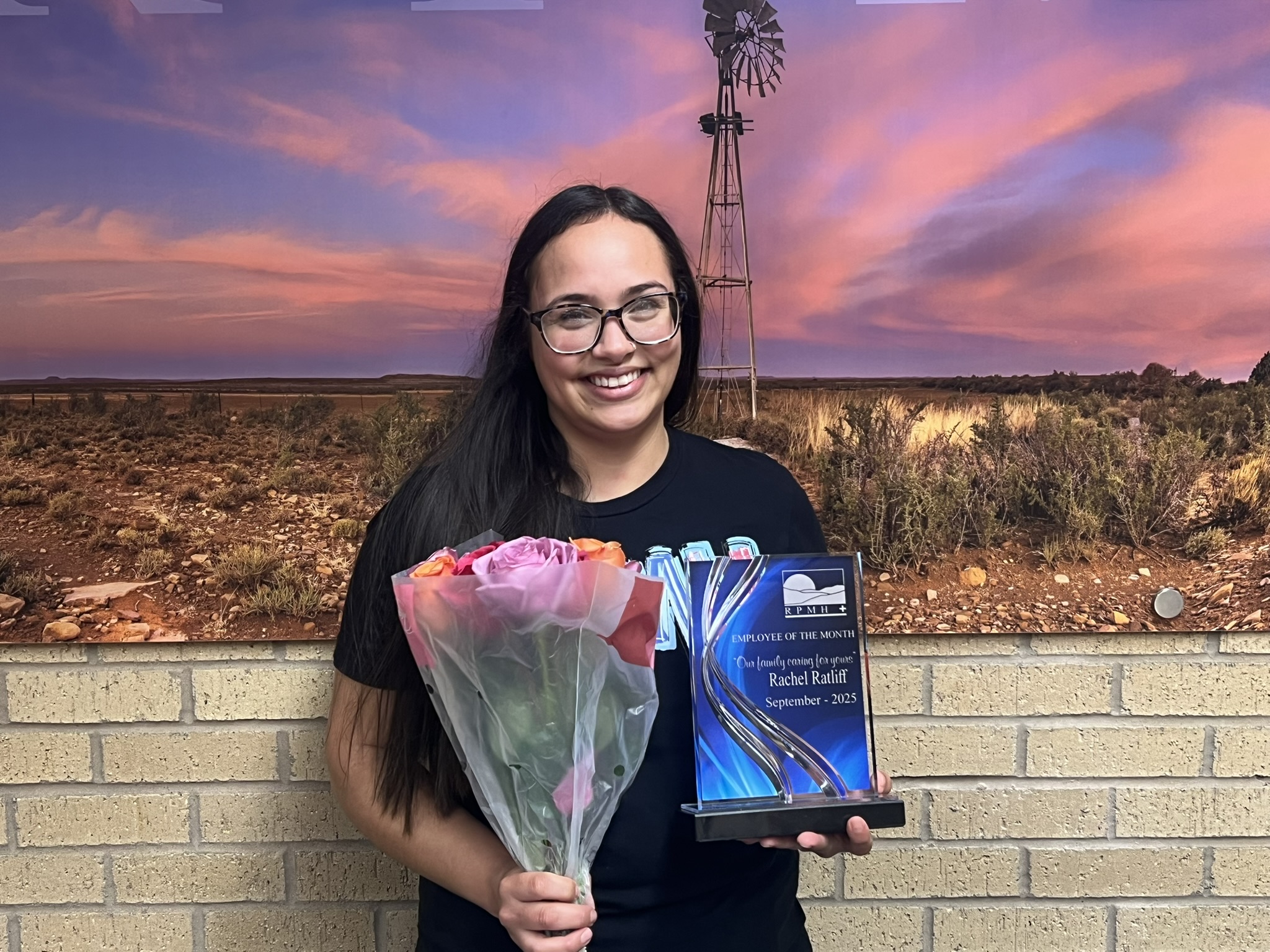What is Colorectal Cancer?
Colorectal cancer is a disease in which the cells of the colon or rectum divide uncontrollably. This can start out as benign polyps, which are small overgrowths of tissue in the lining of the colon. Even though most polyps are benign(non-cancerous), some can become cancerous.
Who should be screened?
Men and Women with an average risk for colorectal cancer should get a screening colonoscopy every 10 years, beginning at the age of 45.
Men and Women who are considered high risk for colorectal cancer may need to be screened at an earlier age. Discussing your risk factors with your doctor will help them determine at what age you should have your colonoscopy performed.
Also, anyone experiencing symptoms of colorectal cancer should schedule an appointment with a doctor and prepare for a colonoscopy.
What are the risk factors?
Age: Colorectal cancer is most frequently diagnosed in the age range of 65-74.
Race: African Americans have the highest rate of colon cancer among all racial groups in the country.
Family History: Any family history of colon cancer, rectal cancer, or polyps should be discussed with your doctor to determine the severity of risk.
Inflammatory bowel disease: Crohn’s disease and chronic ulcerative colitis
Prior Personal History: Previously having colorectal cancer or colon polyps
Hereditary Cancer Syndromes: Hereditary nonpolyposis colorectal cancer(HNPCC), Lynch Syndrome, and familial adenomatous polyposis (FAP).
Some lifestyle factors may also increase your risk of developing colon cancer, such as, obesity, lack of exercise, diets high in red meat, or processed meats, sedentary lifestyle ,cigarette smoking, and drinking too much alcohol.
What are the symptoms of Colorectal Cancer?
Many people with colon or rectal cancer do not experience symptoms in the early stages. As the disease progresses, more symptoms may appear, and may include:
· Diarrhea or constipation that does not go away
· Change in normal bowel habits
· Discomfort or urge to have a bowel movement when there is no need
· Abdominal pain or cramping pain in lower stomach
· Bloating or feeling full
· Change in appetite
· Rectal bleeding
· Blood in stool or toilet after a bowel movement
· Excessive fatigue
· Unexplained weight loss
What are the benefits of early screening and detection?
Many colorectal cancers can be prevented through screening colonoscopies, due to the fact that benign polyps can be identified and removed prior to them becoming cancerous.
Also, colorectal cancer is highly treatable in the early stages. So, early screening improves your chance of survival by allowing treatment to begin in early stages.
What is a colonoscopy?
A colonoscopy is a procedure in which your doctor will insert a flexible tube/video camera into your rectum and through the length of your entire large intestine (colon). You will be sedated for this procedure. Your doctor will be able to examine the surface of your colon during this process, to look for any signs o fpre-cancerous polyps, masses, or other issues.
What does RPMH offer?
At Rolling Plains Memorial Hospital, we have two general surgeons, Dr. Lufkin Moses, and Dr. Tracy Sambo, who perform colorectal screenings through colonoscopy. Your PCP can make a referral for you, or you can call their offices to schedule a consult appointment. Both Dr. Moses and Dr. Sambo, as well as the RPMH OR staff will be happy to help you prevent colorectal cancer in your future!




